Wellbeing
Josy Reeder
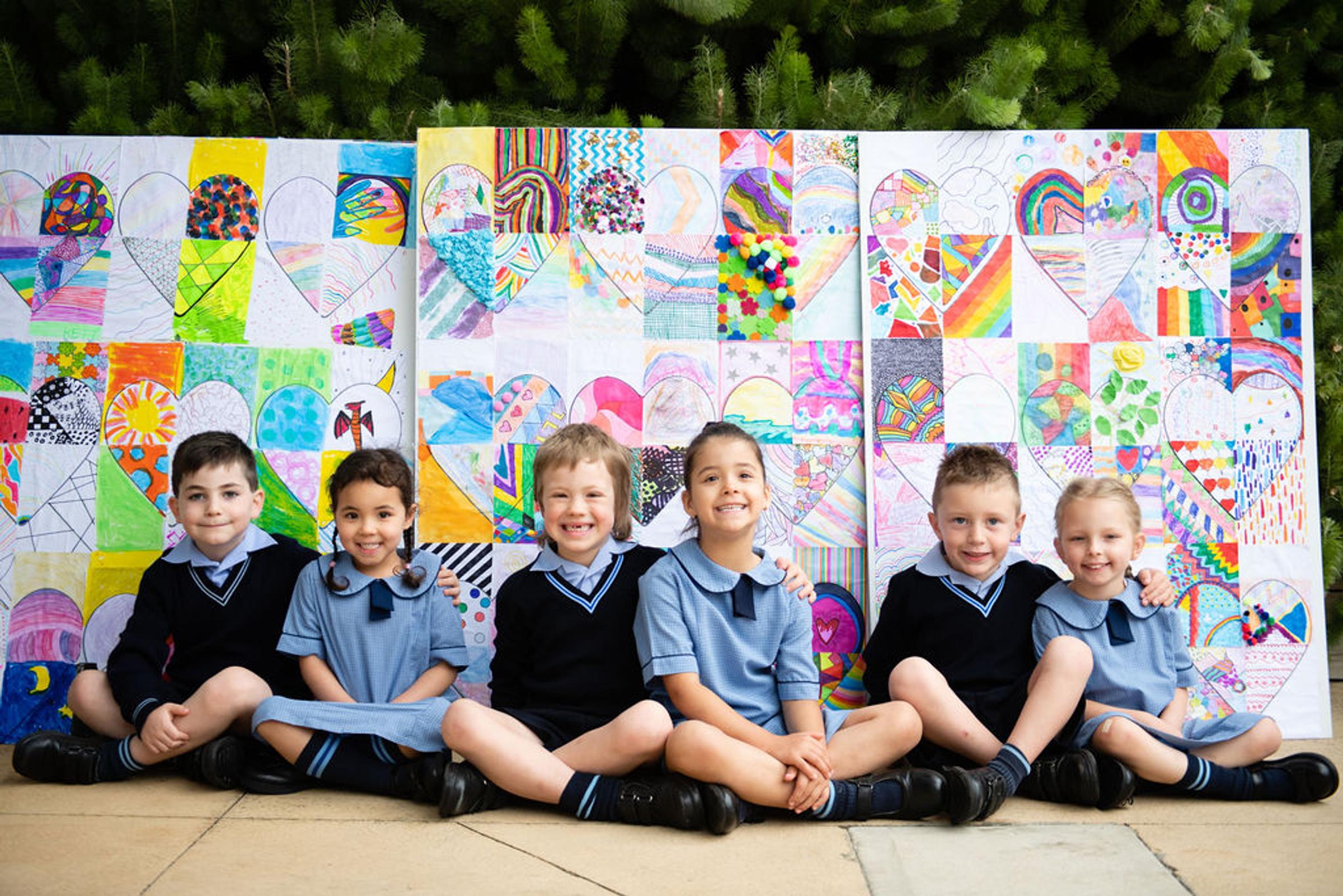
Wellbeing
Josy Reeder
Proactive strategies that are aimed at decreasing behaviours of concern and replacing them with pro-social skills that lead to enhanced social competencies.
The OLA staff have been working with Behavioural Consultant Patrice Wiseman to further develop strategies to support students with a positive approach. We work towards creating a climate where positive behaviour is explicitly taught and reinforced and prevention approaches are emphasised.
Acknowledgement: explicit statements reinforcing expectations
“It’s great to see that…”
“I like the way you…”
“Well done for…”
“Thanks for showing...”
Correction: explicit corrective feedback regarding expectations
“X, you need to… or….”
“You have two choices, either you….or…”
“X, you just… so now….”
“You just did …there’s a consequence for that”
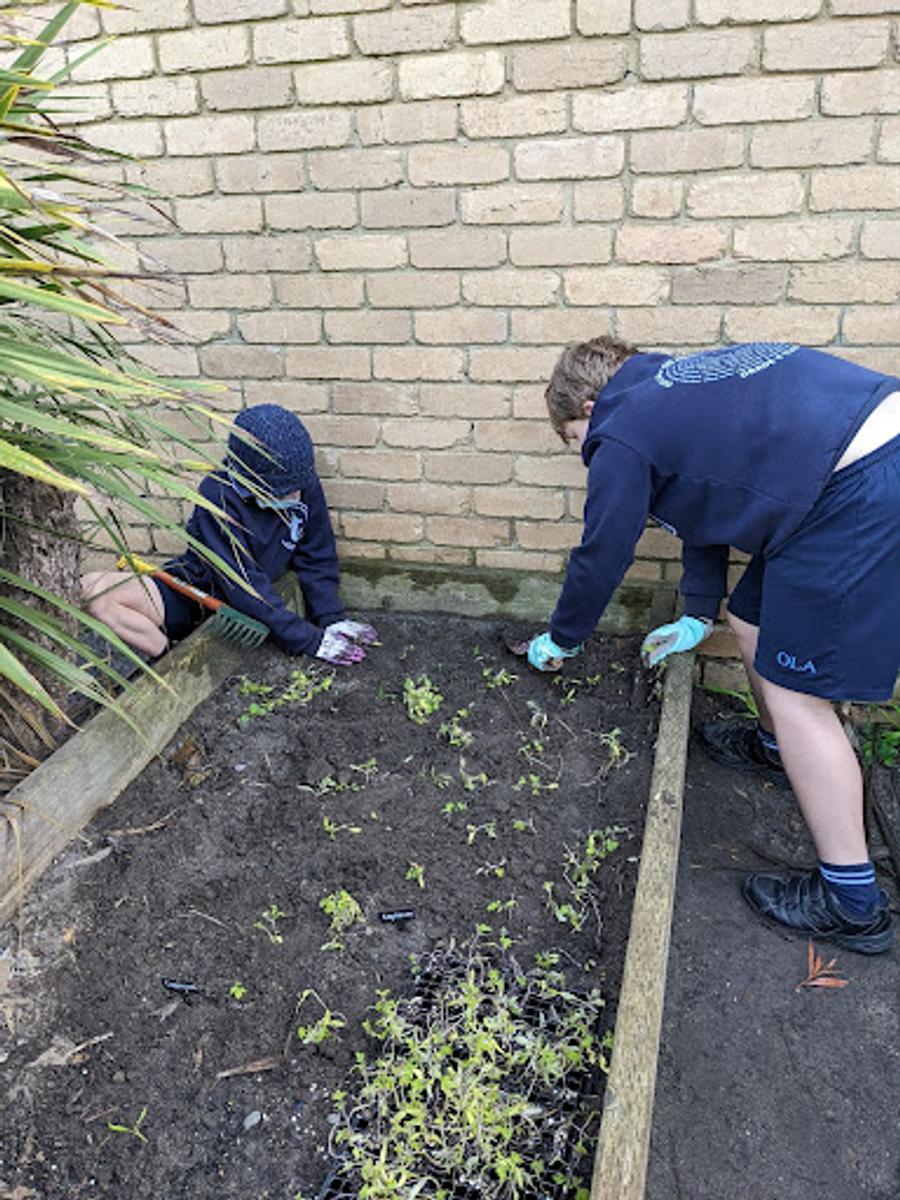

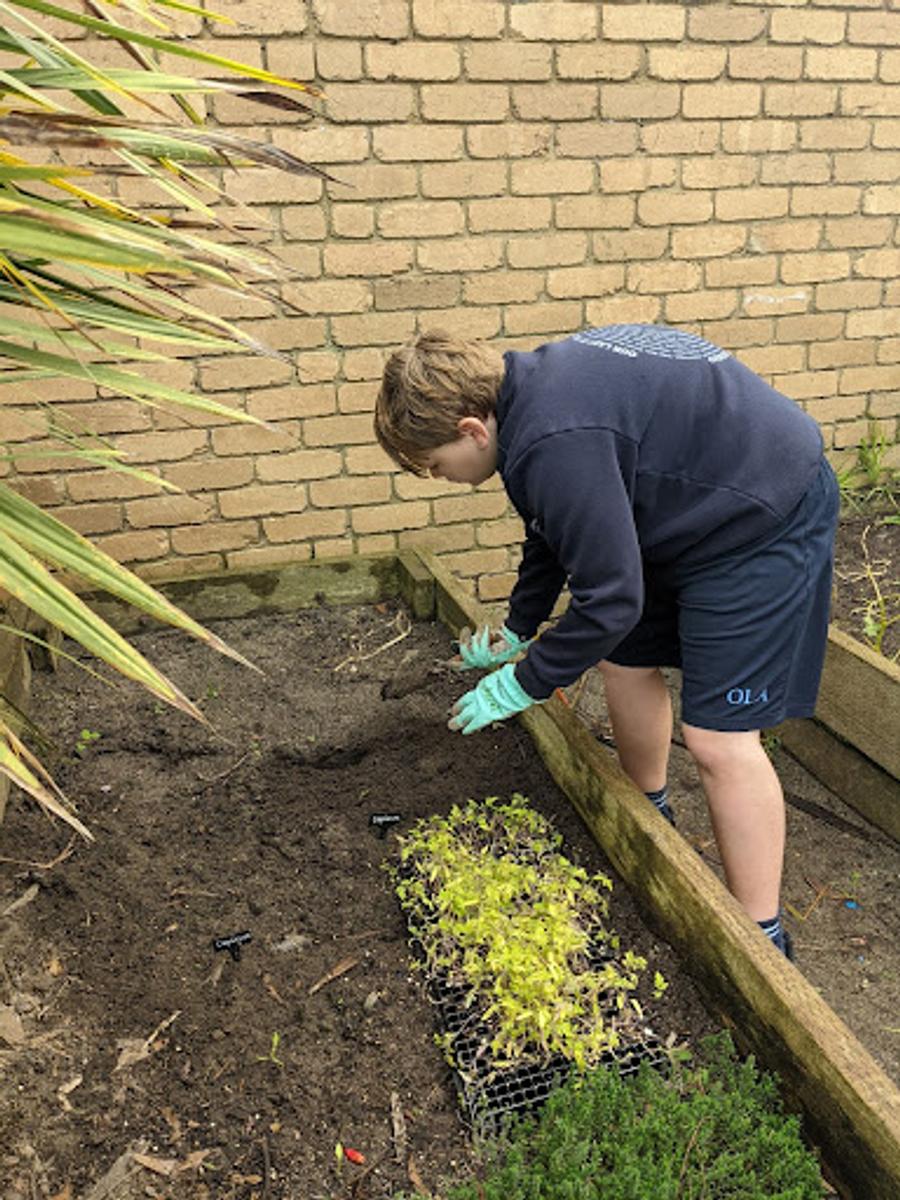



Thank you to all our families for joining us for the About Real Life Sexuality Education Family sessions with Sue Pain.
Years Prep – 2 Family Session 40-45mins | People: How are people the same? How are they different? Bodies: How are bodies the same? How are they different? Privacy & Safety |
Years 3 & 4 Family Session 50-60mins | Families & Friends: Similarities and differences. Acknowledging change, and that happy and challenging times are a typical part of family life Bodies: Similarities and differences, Body Safety and Foetal development & birth |
Years 5 & 6 Family Session 60-70mins | Puberty: General & gender specific physical changes, emotional & social changes. Privacy & safety in the real and online world Reproduction |
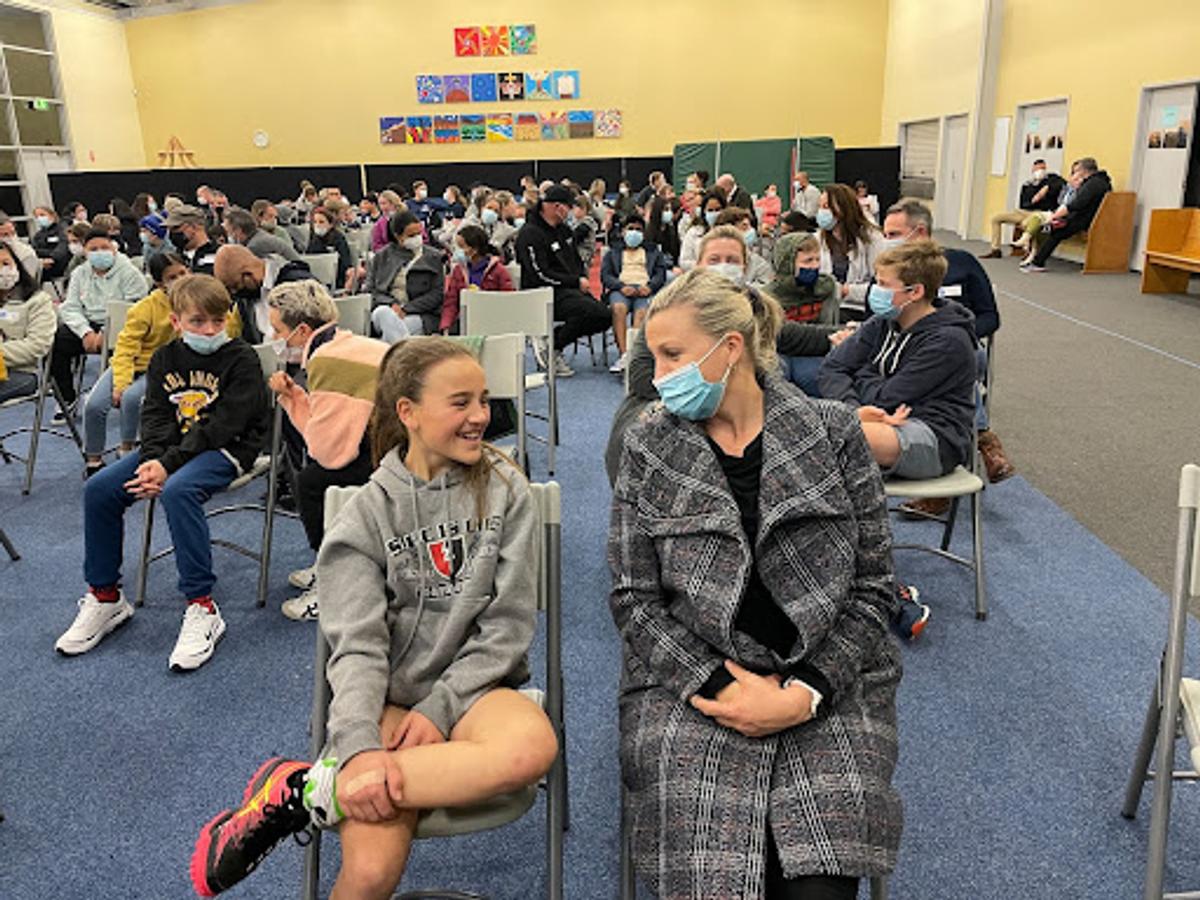
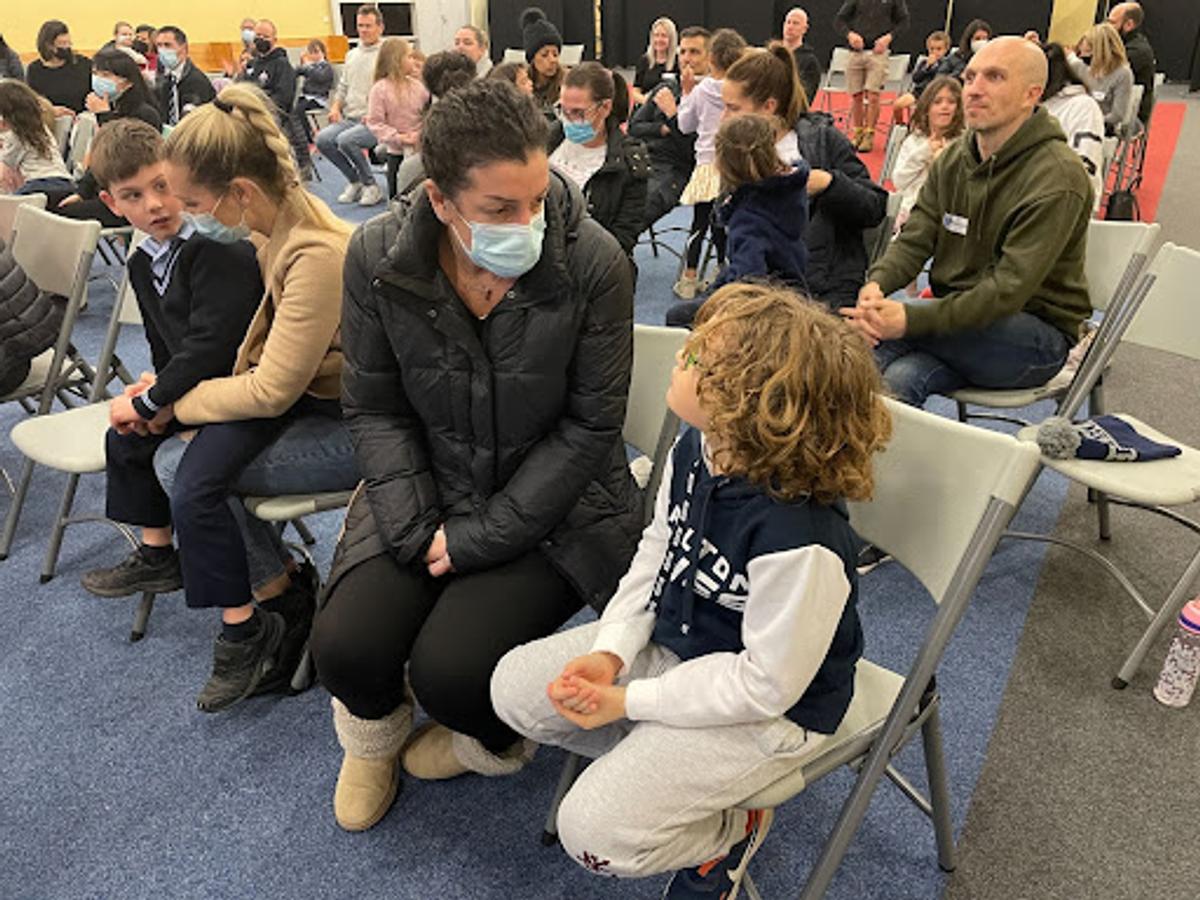


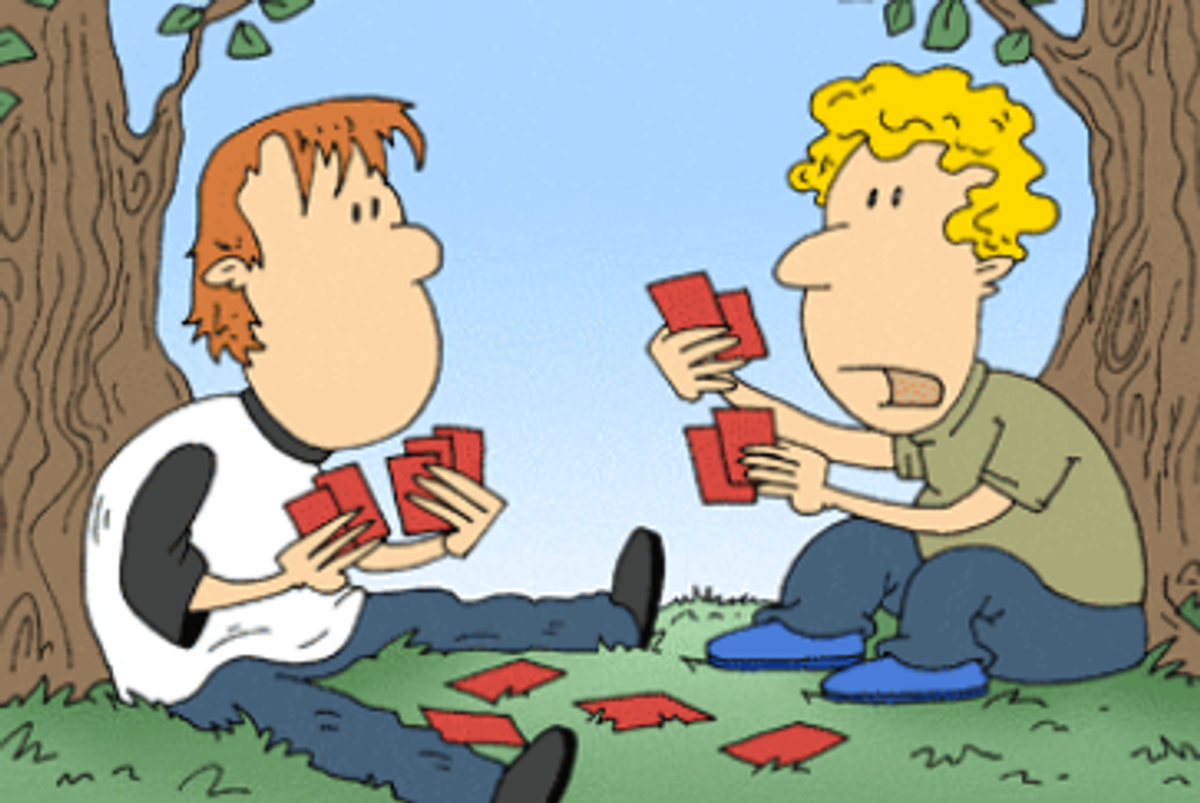

It has been brought to our attention that children are trading cards at school. This causes disagreements and issues between friends. For this reason we do not trade cards at OLA. Please talk to your children about this and we value your support.
Thank you.
By Michael Grose
Michael Grose, founder of Parenting Ideas, is one of Australia’s leading parenting educators. He’s an award-winning speaker and the author of 12 books for parents including Spoonfed Generation, and the bestselling Why First Borns Rule the World and Last Borns Want to Change It. Michael is a former teacher with 15 years experience, and has 30 years experience in parenting education. He also holds a Master of Educational Studies from Monash University specialising in parenting education.
All parents have the best of intentions when raising kids. Wanting what is best for kids can cause parents to make decisions that are not always in their (children’s) long-term best interests.
If you buy the line that the promotion of resilience is in the best interests of kids, then check out the following common parenting mistakes that reduce children’s resilience.
ROBBER 1 – Fight all their battles for them
Nothing wrong with going into bat when kids struggle or meet with difficulty inside or outside school but make sure this is the last resort, not the first option.
Resilience notion: Give kids the opportunity to develop their own resourcefulness.
ROBBER 2 – Make their problem, your problem
Sometimes parents can take too much responsibility for issues that are really up to children to work out or decide. Here’s a clue: if you are wondering what I am talking about: a jumper is something a mother puts on her son when she is cold!
Resilience notion: Make their problem, their problem.
ROBBER 3 – Give kids too much voice
In this era of giving children a voice it is easy to go overboard and allow them too much of a say in what happens to them. Kids often take the easy option to avoid hard or unpleasant situations.
Resilience notion: Make decisions for kids and expect them to adjust and cope.
ROBBER 4 – Put unrealistic or relentless pressure on kids to perform
Expectations about success and achievement are important. Too low and kids will meet them. Too high and kids can give up. Too much and kids can experience anxiety.
Resilience notion: Keep expectations in line with children’s abilities and don’t put excessive pressure on them.
ROBBER 5 – Let kids give in too easily
Resilient learners link success with effort. They don’t give up because they don’t like a teacher or when confronted with multi-step or more complex activities. Similarly they don’t bail out of a sporting term half way through the season because the team is not winning or they are not enjoying it.
Resilience notion: Encourage kids to complete what they have started even if the results aren’t perfect.
ROBBER 6 – Neglect to develop independence
Don’t wait until they are teenagers to develop the skills of independent living. Start early and promote a broad skill set so that they can look after themselves if you are not around.
Resilience notion: Don’t routinely do for kids what they can do for themselves.
ROBBER 7 – Rescue kids from challenging or stretch situations
There are many times kids are put in situations that are outside their comfort zones for a time. For instance, giving a talk, singing at the school concert or going on school camp may be challenges for some kids. They are all situations that kids usually cope with so show your confidence in them and skill them up rather than opt for avoidance.
Resilience notion:Overcoming challenges enables kids to grow and improve. Sometimes the manageable hardships that children experience such as a friend moving away, not being invited to a party or completing a difficult school project are fabulous learning opportunities.
They help kids to stretch and grow. Dealing with them effectively also teaches kids that they are capable of coping when they meet some of life’s curve balls. And that is a huge lesson to learn at any age.
Josy Reeder
Learning Diversity/Wellbeing Leader